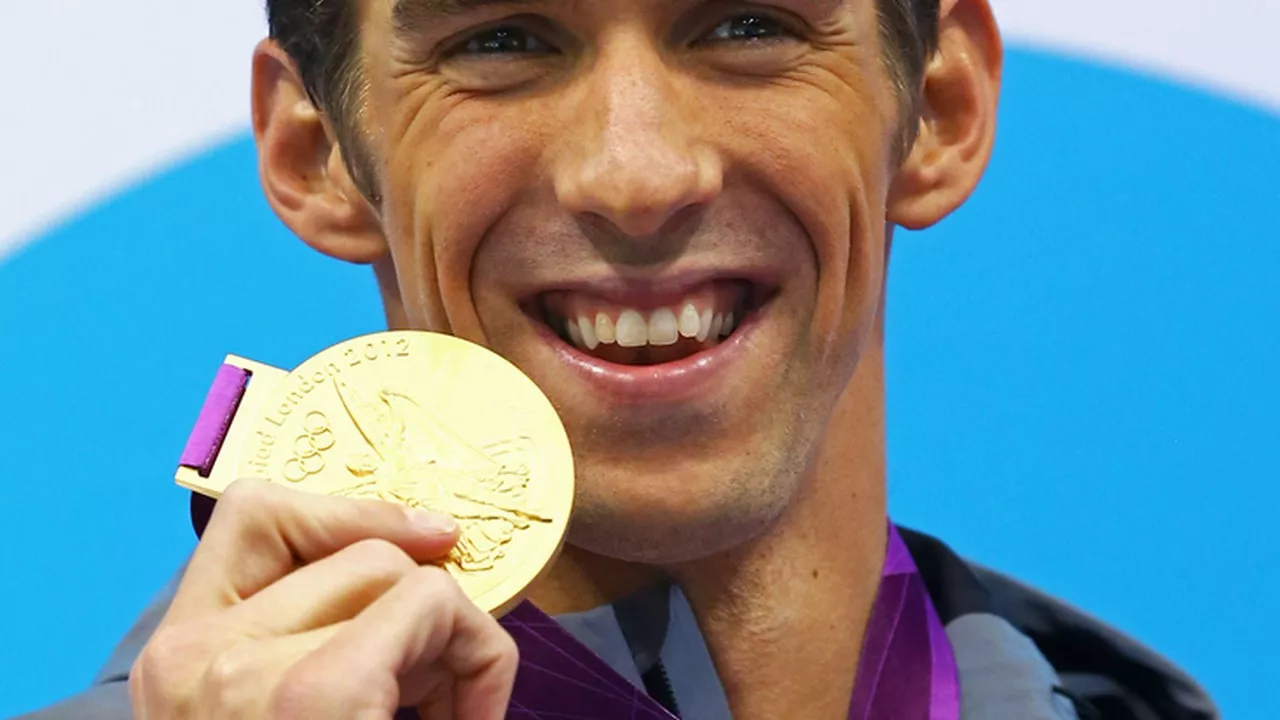An Introduction to Olympic Swimming
As a sports enthusiast, I have always been fascinated by the Olympics - the ultimate stage for athletes. But what captivates me most is swimming, a discipline that requires a perfect blend of strength, endurance, technique, and mental toughness. In this article, I'll be exploring the potential for medal wins by an Olympic swimmer. If you've ever wondered, "how many medals can an Olympic athlete win in swimming?" - you're in the right place. We'll delve into the depths of this intriguing question.
Understanding the Olympic Swimming Events
Before we jump into the heart of the matter, it's crucial to understand the different swimming events at the Olympics. The swimming program is divided into four strokes: freestyle, backstroke, breaststroke, and butterfly. Each stroke has different distances, ranging from 50 meters to 1500 meters for freestyle. Then, we have the medley events, where swimmers must master all four strokes. There are also relay races, which add a team dynamic to the competition. Understanding the events will help us grasp the maximum potential for medal wins.
The Maximum Number of Events an Athlete Can Enter
Now, let's get down to business. How many events can a swimmer enter in the Olympics? Well, there are no hard and fast rules. It depends on the athlete's capabilities and the decision of their coach or team. However, it's a physically demanding sport, and participating in too many events might lead to fatigue and reduced performance. On average, top swimmers usually compete in five to seven events, including relays.
The Phenomenon of Michael Phelps
When we talk about Olympic swimming, it's impossible not to mention Michael Phelps - the most decorated Olympian of all time. He competed in eight events in Athens 2004, Beijing 2008, and London 2012, winning a record-breaking eight gold medals in Beijing. Phelps' exceptional feat shows the upper limit of what an athlete can achieve in swimming at the Olympics.
The Limitations for Swimmers
While there is no set limit on the number of events a swimmer can enter, there are practical limitations. One is physical exhaustion. Swimming at the Olympic level is incredibly demanding, and competing in too many events can lead to burnout. Another limitation is scheduling - events may overlap, making it impossible for a swimmer to compete in all of them. Lastly, each country has its own selection process and may limit the number of events a swimmer can enter.
Impact of Relay Events
Relay events provide additional opportunities for swimmers to win medals. These events require teamwork and strategy, adding another layer to the competition. Relay events include the 4x100m, 4x200m freestyle, and 4x100m medley for both men and women. Each relay team comprises four swimmers, so if a swimmer participates in all three relays, they have three extra chances to win medals.
Role of Versatility
Being versatile is a significant advantage in swimming. The more strokes a swimmer can compete in, the more events they can enter. Swimmers like Phelps, who excel in multiple strokes and distances, have the opportunity to participate in more events and win more medals. Versatility in swimming is like being a multi-instrumentalist in music - it opens up a world of possibilities.
The Role of Endurance and Recovery
Endurance and recovery play a crucial role in determining how many medals a swimmer can win. The ability to recover quickly between races allows swimmers to maintain peak performance throughout the competition. It's not just about physical endurance but also mental endurance. The pressure of competing in multiple events can be immense, and it takes a strong mind to handle it.
The Impact of Technological Advancements
Swimmers today have more resources to help them recover and prepare for races, thanks to advancements in sports science. This includes everything from high-tech swimsuits that reduce drag to sophisticated training techniques that maximize efficiency. These technologies can potentially enable swimmers to compete in more events and increase their medal haul.
Final Thoughts
To sum up, the number of medals an Olympic swimmer can win depends on several factors - versatility, endurance, recovery, participation in relay events, and technological advancements. There is no set limit, but practical considerations usually cap it. As fans, all we can do is sit back, enjoy the races, and marvel at the incredible feats these athletes achieve.
